Why is Covid on the rise in China? Cases reach record high
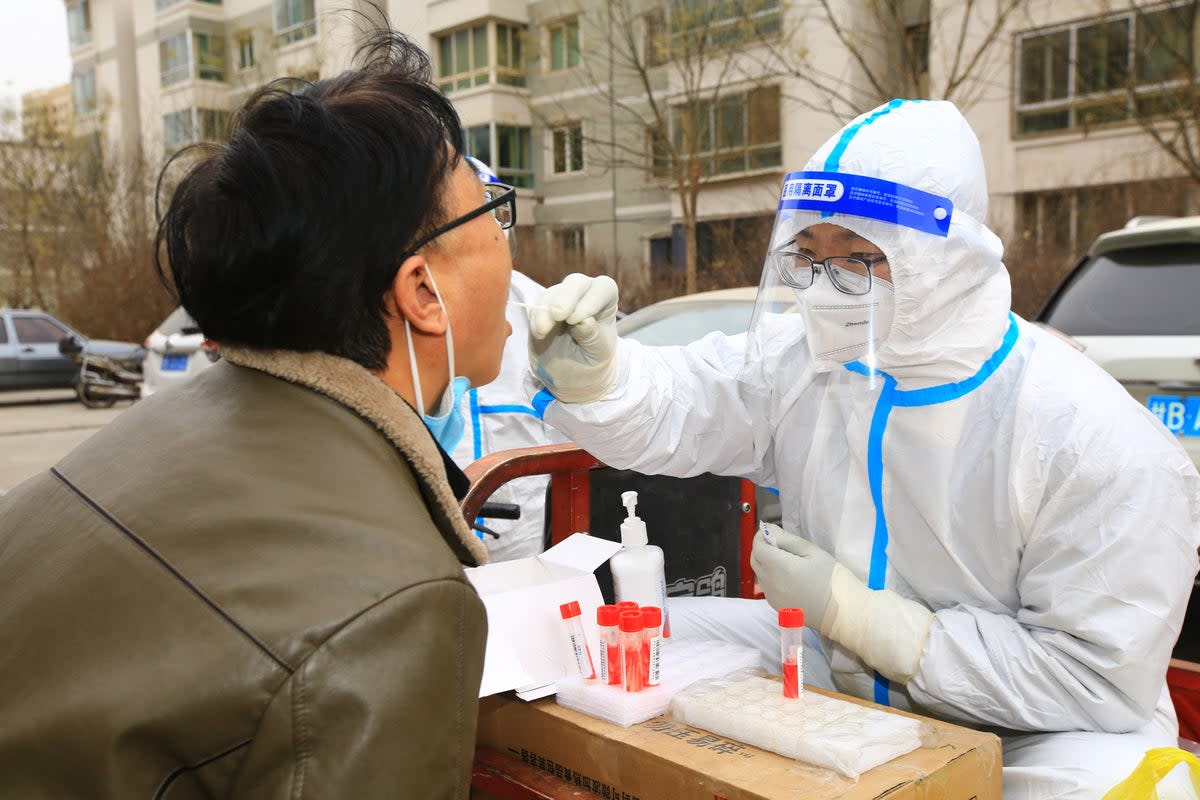
Covid is on the rise in China, with the country recording its highest number of daily cases.
On November 24, the National Health Commission said more than 31,000 new cases had been reported in the past 24 hours.
This is the highest daily amount since Covid was first detected in China in 2019.
China also announced its first death from Covid in six months, that of an 87-year-old man from Beijing.
So why are Covid cases increasing in the world’s most populous country, despite its “zero-Covid” policy?
China’s ‘zero-Covid’ policy
Many countries have chosen to live with Covid, relying on vaccines to reduce serious illnesses and deaths.
However, China’s zero-Covid policy aims to eliminate the virus from the country completely.
This involves putting cities into lockdowns and conducting mass testing to isolate any cases.
Despite pledging to loosen the lockdown rules, the ruling Communist Party has said it will stick to this strategy.
Around 5,000 people in China have died from Covid since the pandemic began. With a population of 1.4 billion, this is around three deaths per million people.
In comparison, the UK has had 2,400 deaths per million people, as reported by the BBC.
Covid booster jab scramble as Omicron variant surges
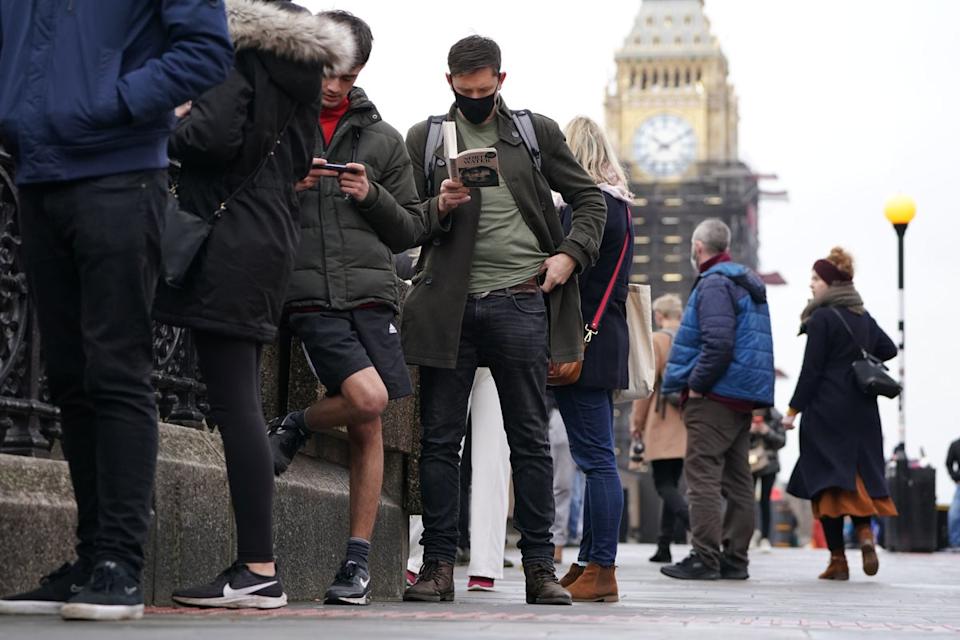

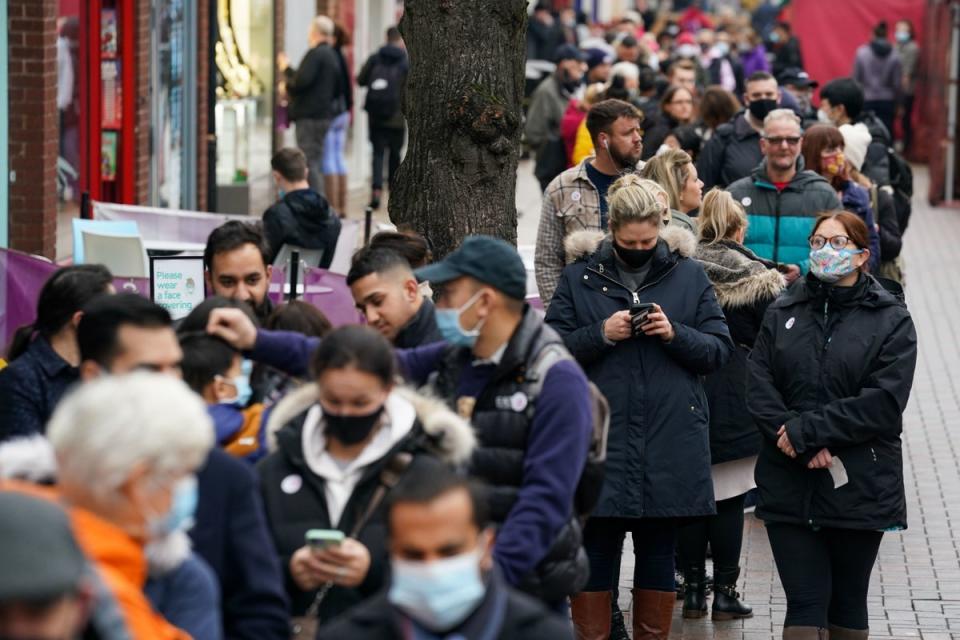
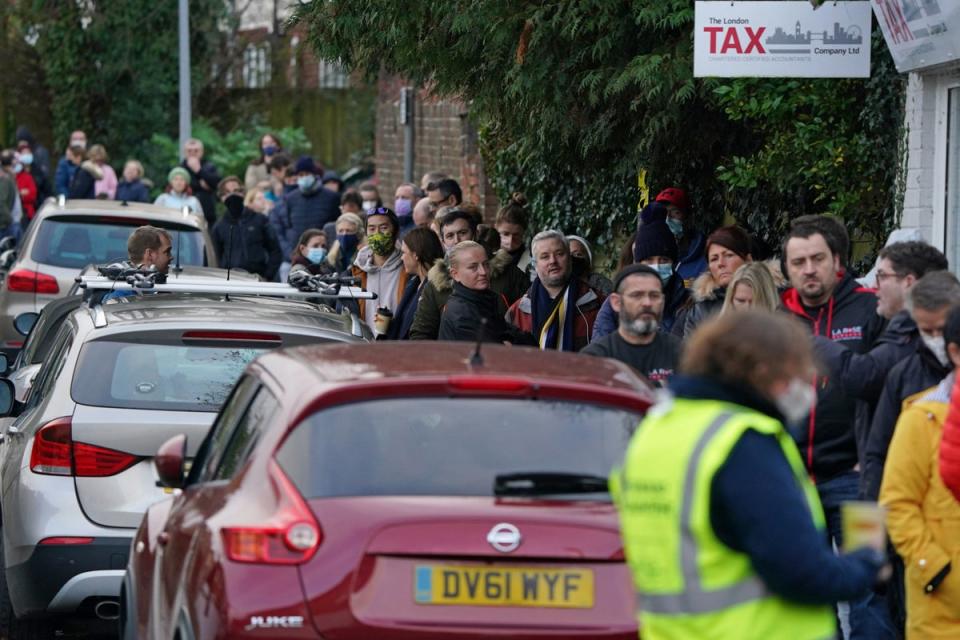
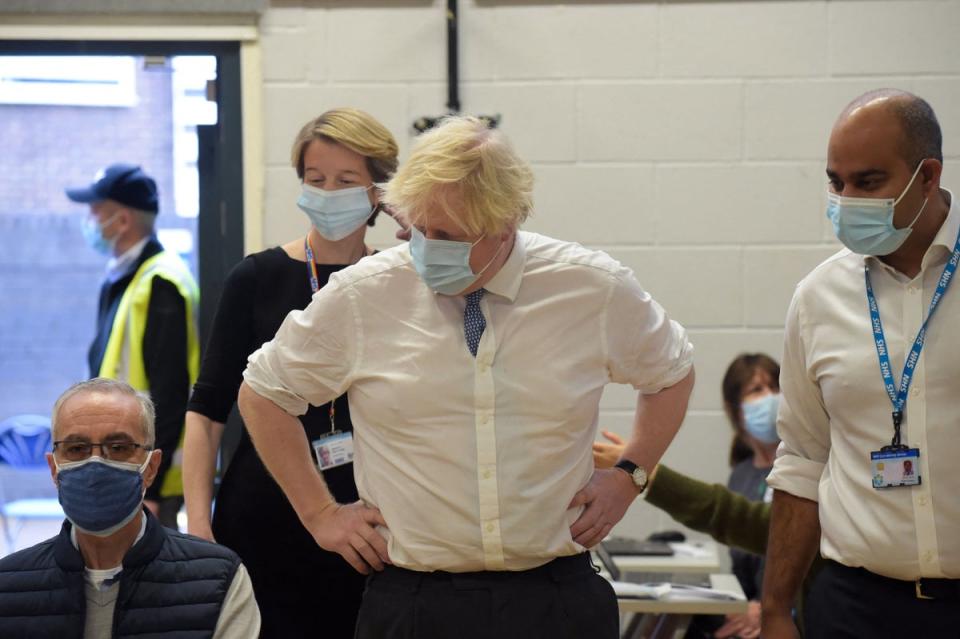
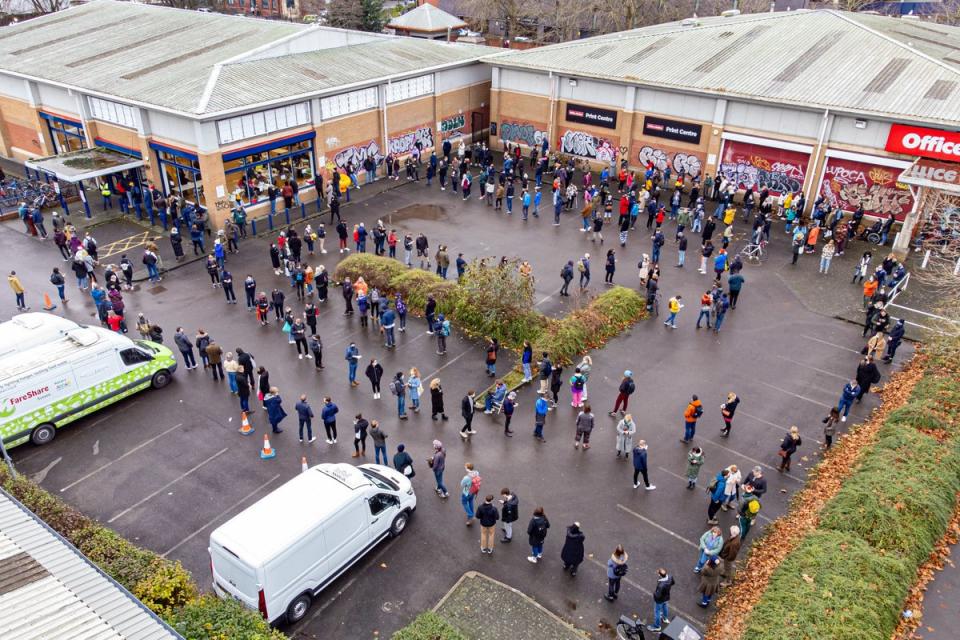
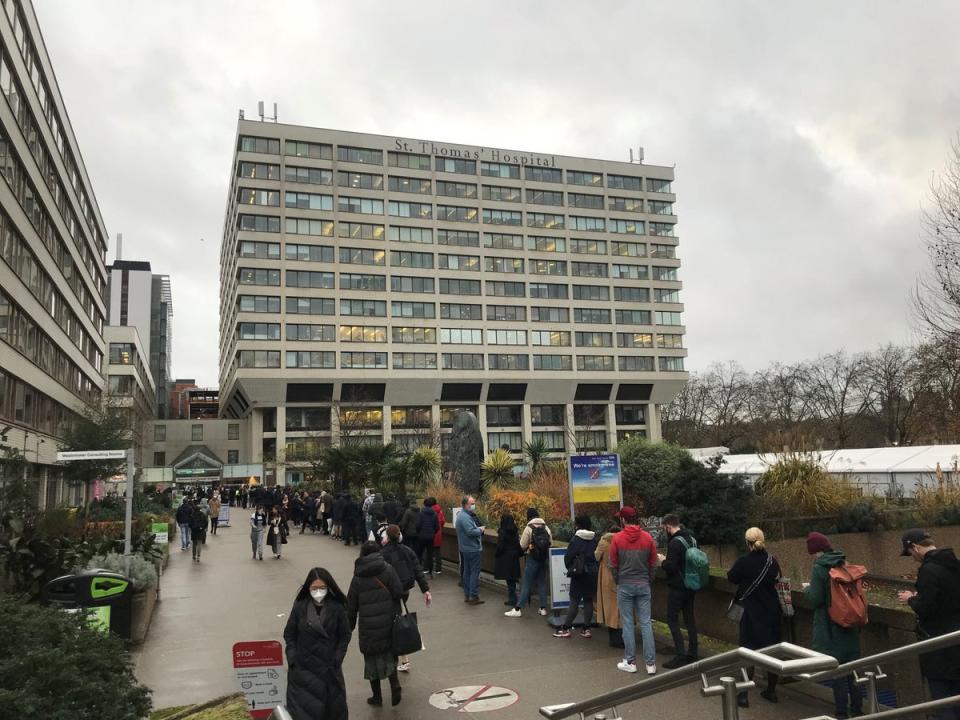

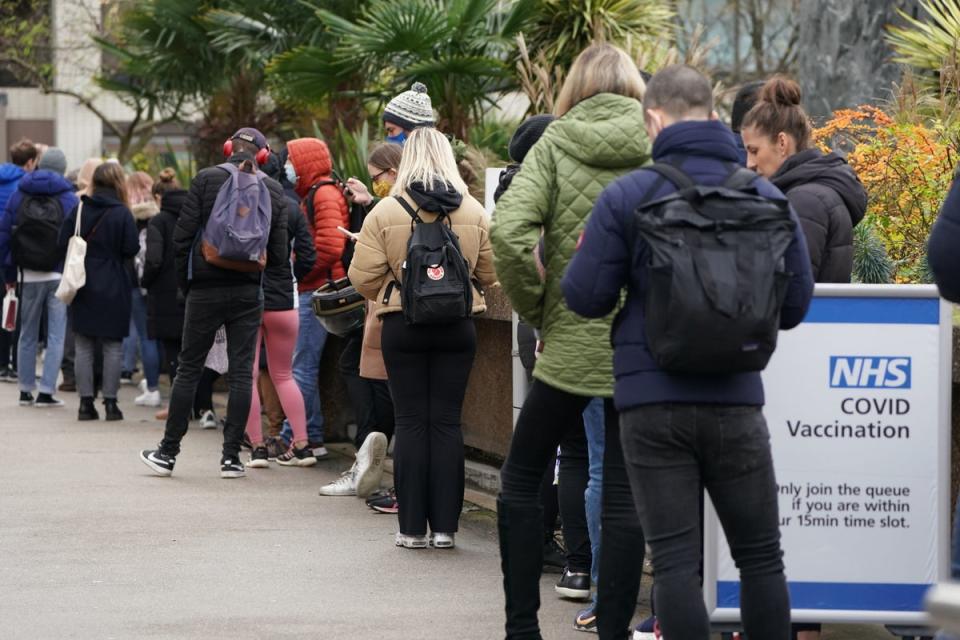


Vaccine hesitancy
More than 92 per cent of people in China are vaccinated. However, around only 65 per cent of people over the age of 80 have had a vaccine.
Health experts have said that the zero-Covid strategy may therefore stay in place for a year until the government is able to vaccinate its elderly population.
Strict lockdowns
China has imposed lockdowns upon millions of people after Covid cases were reported in certain cities.
Lockdowns have been reported to be far stricter than those in the UK, for example, with dedicated teams of people dispatched to enforce quarantines and conduct tests.
People have had to go into quarantine when even a single case is detected in their neighbourhood or workplace, AP News has reported.
More than six million people in the city of Zhengzhou have been told to stay at home for five days.
Earlier this week, residents living in certain areas of the city of Shijiazhuang were told to stay home while officials conducted mass testing.
In Guangzhou, residents protested against lockdown measures, which have prevented people from going to work.
There were more deaths in the summer attributed to Covid restrictions than there were to the virus, reported ITV News, as people were unable to access health care.
Current quarantine measures
People who test positive for Covid are sent to special centres where they are kept under quarantine. They must stay there for a week and have to test negative three times before being allowed to leave.
On November 17, AP News reported that Guangzhou announced plans to build quarantine facilities for nearly 250,000 people.
More than 95,000 people from the city have been sent to quarantine centres or to hospitals.
Strict testing
In major cities, people have to take a PCR test every few days. If they receive a negative result, they are given a pass on their smartphone. This can be used to gain access to public transport and certain buildings, the Financial Times reported.
If someone tests positive, the authorities are able to see where they’ve been to track close contacts who also have to quarantine.

 Yahoo News
Yahoo News 
